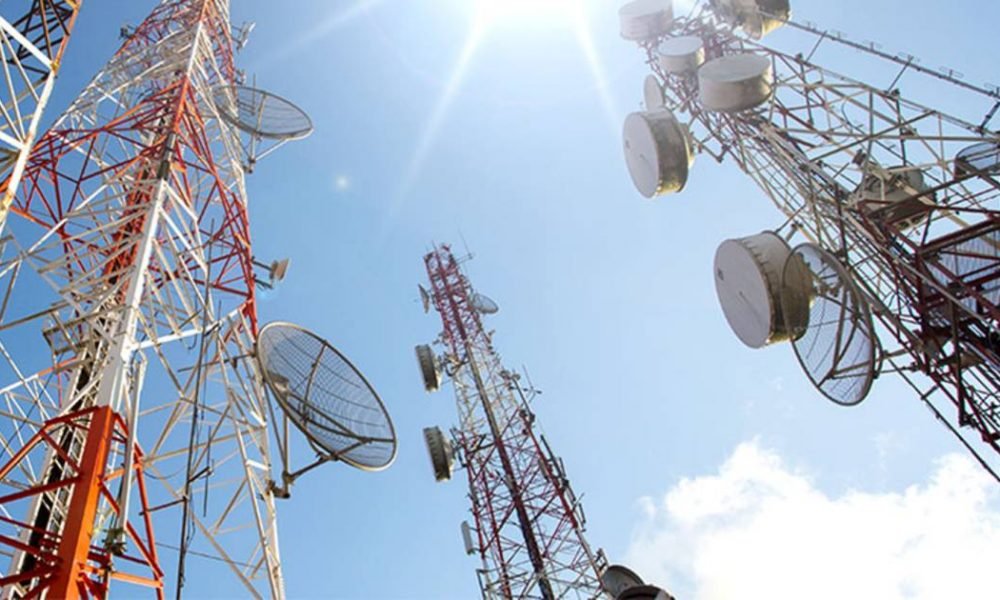A Africell concluded, last week, the negotiations for the network interconnection with Unitel, making possible the start of operations scheduled for April, after being postponed in December and February, when notions of competition prevented advances in the sharing of resources that governs the Angolan telecommunications market.
 According to sources in Jornal de Angola, the US-owned company licensed as the fourth operator in the Angolan market in April 2019, concluded negotiations with Unitel for the interconnection of networks, a negotiation that lasted over six months, far surpassing the deadlines with which agreements were obtained with other operators, such as Movicel.
According to sources in Jornal de Angola, the US-owned company licensed as the fourth operator in the Angolan market in April 2019, concluded negotiations with Unitel for the interconnection of networks, a negotiation that lasted over six months, far surpassing the deadlines with which agreements were obtained with other operators, such as Movicel.
This component of the negotiations had to be mediated by the Angolan Communications Institute (INACOM, the regulator of the Telecommunications sector) which, in the process, determined the interconnection tariff to allow the new operator to provide the accessible service proposed in the public tender to obtain the license of operation.
According to the source, the extension of the negotiations is revealing of the tension observed in the contacts with Unitel, a process that ended up leaving out another agreement, that of sharing the infrastructure, to which the telecommunications operators are obliged to light of the laws governing the sector.
The infrastructure sharing prices proposed by Unitel to Africell, said the source, were clearly higher than those charged by other partners, such as Movicel or the Public Water Companies (EPAL) and National Electricity Distribution Company (ENDE), operators with high, with which colocations were negotiated to house the company's technology.
In the infrastructure sharing negotiations, Africell asked Unitel for “a hundred sites”, but, what the source considered to be “dilatory expedients” by the company that leads the market, led the new operator to decide to build infrastructure and an underlying capital enhancement.
In April, when operations begin, Africell will have around 600 sites (between leased and built), thanks to a capital increase decided after the impasse that the company attributes to competitor Unitel and which may have marginal effects on the reduction of tariffs that the new operator intends to introduce in the market.
With this batch of antennas, Africell covers the region of Luanda, but, in the second half, if Unitel adopts a compromise posture, there may be the sharing of the necessary infrastructure for the expansion of the signal to the rest of the country, also possible through conclusion of domestic roaming agreements.
Offer of services
The company, seeking coverage in the provision of universal service, favors 4G technology, a more selective offer in some locations, considering that there is the necessary significance of customers to be served, also establishing 5G coverage in selected areas, focusing on companies and high-yield customers.
The company said it was betting on an implementation strategy based on the customer-operator relationship, determined by the public's consumption profile, which, in addition to voice and data services, includes offering content on the AFRITV television channels, owned by the company, with also license from the BNA to operate a “mobile money” platform, where it has know-how and innovative staff.
The emergence of Africell, the company predicts, “will force other operators to innovate and to make more effort”, with the benefits that this represents for consumers.







